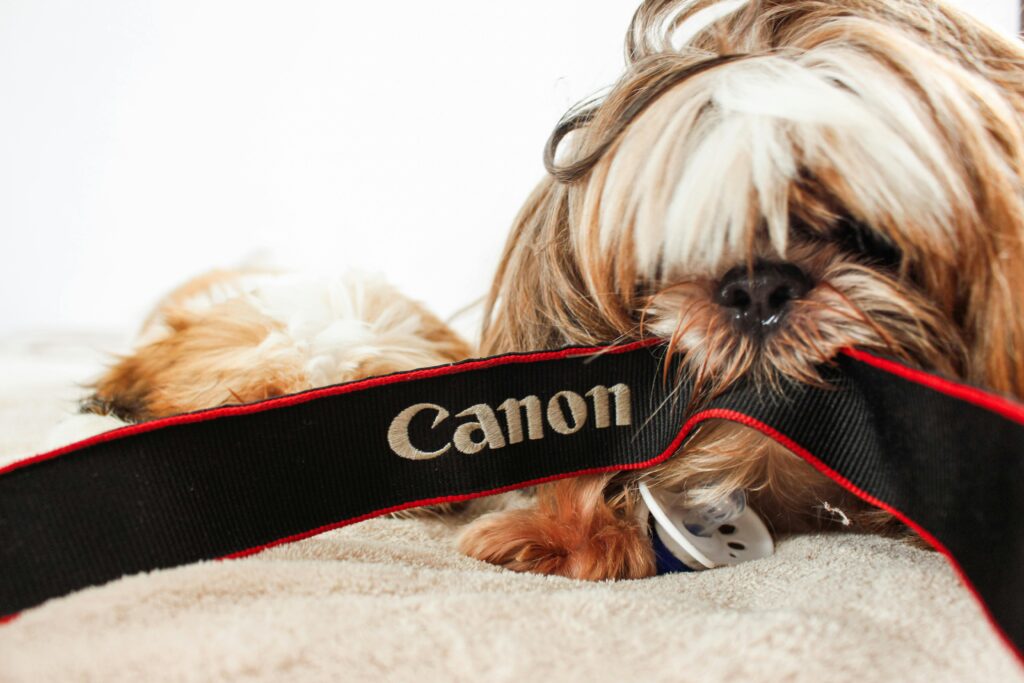
Puppy biting is a natural part of growing up, especially during teething. However, without proper guidance, it can become a frustrating behavior for pet owners. The good news? You can teach your puppy to stop biting using positive, punishment-free methods. Here’s how to handle puppy biting with kindness, patience, and consistency.
Why Do Puppies Bite?
Biting is part of how puppies explore the world. They bite when they’re teething, playing, or testing boundaries. While it may seem aggressive, it’s usually normal behavior unless it’s accompanied by growling, lunging, or fear responses. Puppies also learn bite inhibition through play with their littermates—when a bite hurts, the other puppy yelps and stops playing. That’s your cue too.
Use a Firm “Ouch” or Yelp
Mimic how puppies learn from each other. The next time your puppy bites you, let out a sharp, high-pitched “ouch” or “no.” Then stop interacting for a few seconds. This teaches them that biting ends playtime or attention. Be consistent and repeat this every time they bite.
Redirect to Toys
Provide safe, chew-friendly toys to redirect their biting energy. When your puppy goes to bite your hand or feet, calmly replace your hand with a chew toy. Offer a toy with different textures—like soft rubber, rope, or plush toys—to see what your puppy enjoys most.
Avoid Rough Play
Rough games like wrestling or tug-of-war can encourage biting, especially if your puppy gets overly excited. Stick to calmer play styles that don’t involve your hands as toys. If you do play tug, teach a “drop it” or “leave it” command to maintain control.
Teach Bite Inhibition Gradually
If your puppy is biting hard, use the steps above. Once the hard biting reduces, you can begin discouraging softer bites. The goal is to teach your puppy that human skin is never okay to bite—no matter the pressure.
Provide Teething Relief
If teething is making your puppy uncomfortable, help soothe their gums. Freeze a wet washcloth, offer a chilled teething toy, or use puppy-safe teething treats. This can reduce their urge to chew on your hands or furniture.
Be Consistent with Rules
Everyone in your household must follow the same approach. If one person encourages play biting and another discourages it, your puppy will become confused. Clear and consistent boundaries are essential for effective training.
Praise Calm Behavior
When your puppy chooses to play gently or chews on a toy instead of your hand, reward them with praise or a treat. This reinforces the good behavior and makes it more likely they’ll repeat it.
Avoid Physical Punishment
Never hit, tap, or yell at your puppy for biting. Physical punishment can damage your bond and cause fear-based aggression. Gentle corrections and redirection are far more effective—and safer.
When to Seek Help
If your puppy’s biting is intense, uncontrollable, or accompanied by growling and guarding behaviors, consult a certified dog trainer or veterinarian. There may be underlying anxiety or behavioral issues that need professional attention.
Conclusion
Handling puppy biting without punishment is all about patience, consistency, and clear communication. By using positive reinforcement, redirecting their energy, and understanding their needs, you’ll raise a well-mannered puppy who knows how to play nicely—and loves you even more for it.
